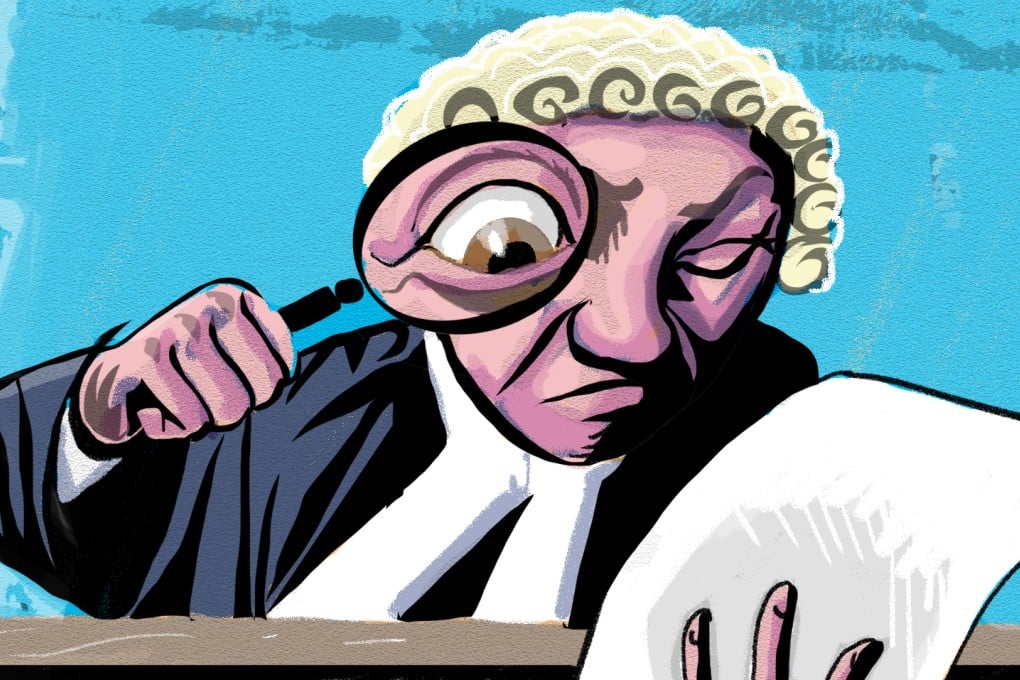Why a focus on proper procedure is essential to Hong Kong’s rule of law
Andrew Li says the growth in the number of applications for judicial review is more a sign that the political process isn’t working properly, and recent remarks by retired judge Henry Litton risk confusing the pursuit of efficiency with the delivery of justice


READ MORE: Hong Kong’s legal system ‘misused’ and ‘drowning in irrelevance’, says former top judge
A judicial review challenge cannot be made on political grounds. It must be made on legal grounds. These would include that the challenged decision was inconsistent with statute or the Basic Law, that there had been procedural impropriety in making it, and that it was irrational in the sense that it was beyond the range of decisions open to a reasonable decision-maker.
Judicial review cannot provide a solution to the complex political, economic and social problems which confront our society
Consistent with developments in other common law jurisdictions, judicial review cases have increased in the last two decades. The challenges are often funded by legal aid. It is not an exaggeration to say that the growth of judicial review has redefined our legal landscape. This has been due to various factors, including the increase in the volume of legislation for the governance of a complex modern society, the enactment of the Bill of Rights and the Basic Law and citizens’ greater awareness of their rights.

With the growth of judicial review, there has been concern that there have been cases where this process has been abused. In these cases, attempts were made to mount a judicial review challenge on political and not legal grounds. In a recent robust and colourful speech, which is characteristic of this senior legal figure, Henry Litton also expressed such concern.

However, it must be emphasised that the courts have effective ways to stop any attempt to abuse judicial review. Unlike ordinary civil proceedings, an applicant must seek the permission of the court to commence judicial review proceedings. Where such permission is refused, they cannot even begin.
READ MORE: Retired top judge Henry Litton right to question threshold for judicial reviews in Hong Kong
Further, an application must be made promptly and in any event within three months from the time when the grounds first arose unless the court considers that there is good reason for extending time. Moreover, the court may make an appropriate costs order.